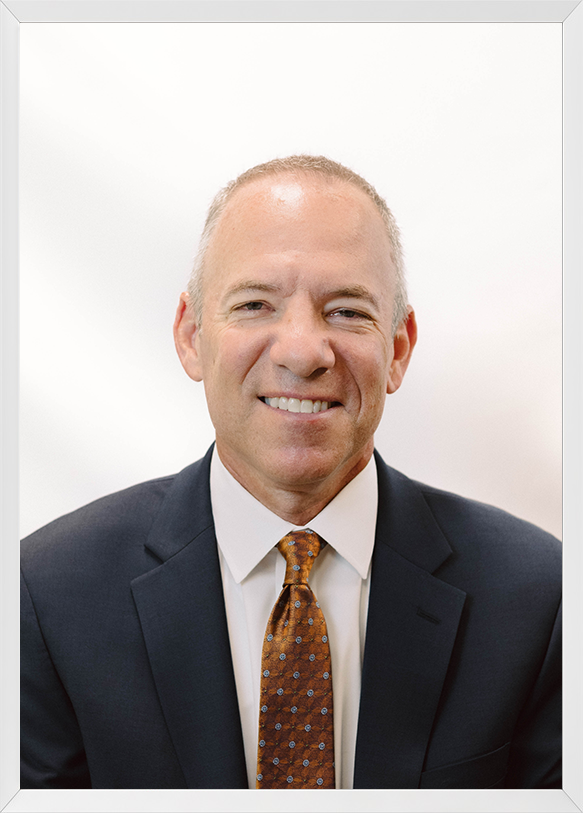According to a Wall Street Journal story citing Safeway’s proxy statement, Kroger was willing to pay more for Safeway than Cerberus Capital Management did, but concerns over antitrust risk caused Safeway to make a deal with the private equity firm.
The story reports that Kroger first contacted Safeway in February about buying all or part of the company. Company executives met shortly thereafter, where antitrust issues dominated the conversation. A Kroger-Safeway deal would have combined the two largest U.S. grocery chains by market share, according to Euromonitor.
When Safeway signed a deal with Cerberus in early March, Safeway still allowed Kroger to continue its due diligence during a three-week “go-shop” window. Kroger reportedly contacted 26 potential buyers of Safeway stores that would most likely need to be sold to avoid antitrust problems. Eventually Kroger bowed out.
The Safeway proxy statement also showed that in January, Cerberus suggested that Safeway buy Albertson’s – which Cerberus owns – in a leveraged capitalization. The deal would have required Safeway to pay a one-time dividend to its shareholders and issue new shares to Cerberus, thereby resulting in the private equity firm owning about half of Safeway with an option to buy more. Safeway didn’t consider the idea.
In the final deal, Cerberus and Albertson’s are contributing $1.25 billion in cash and borrowing the remaining $8.15 billion. The Wall Street Journal calls it one of the smallest equity checks – about 14% of the deal’s value – since the financial crisis
